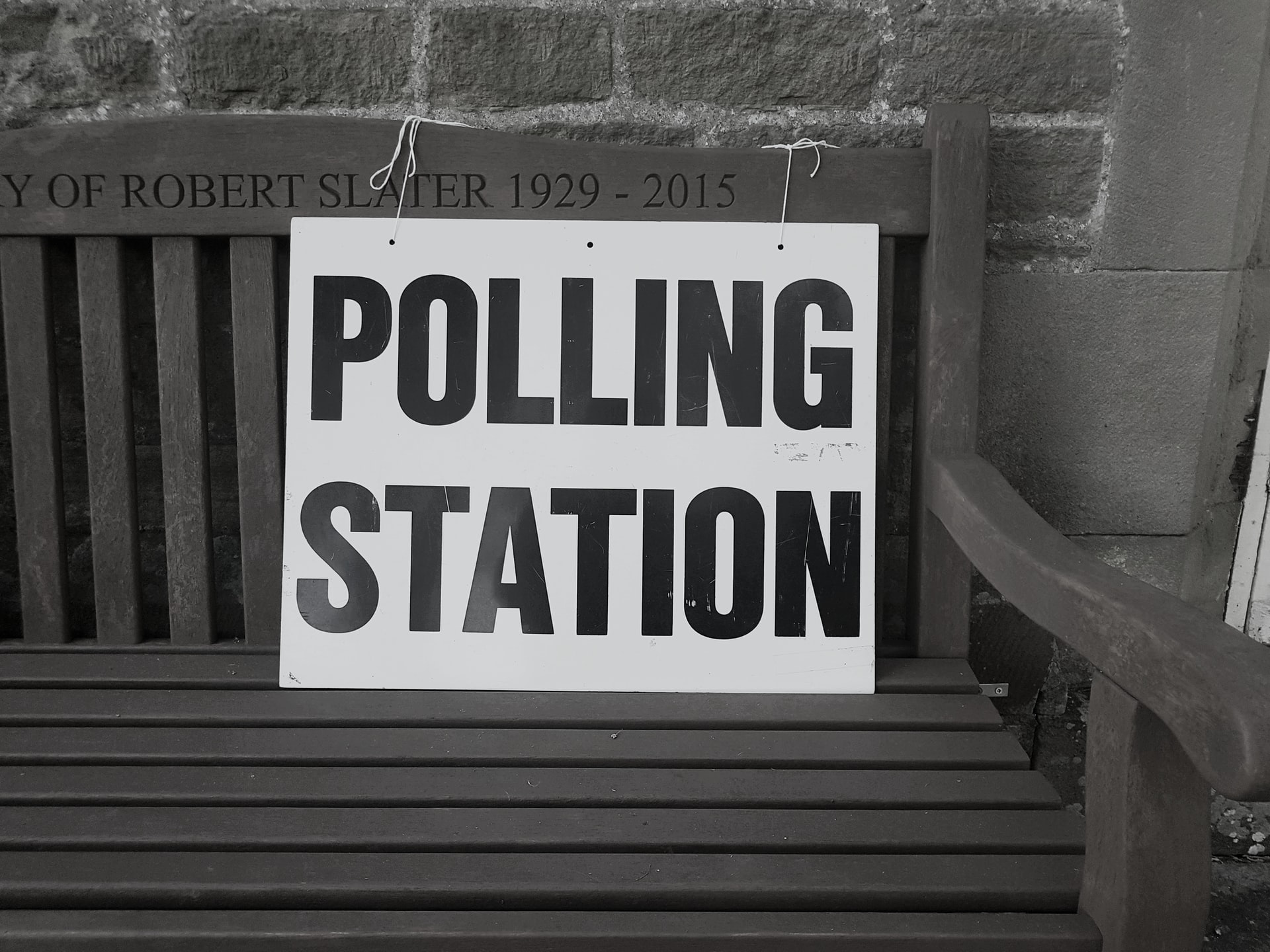Local elections 2021: Ideas for new administrations
Posted on 29 Jun 2021 Categories: Blog, Cross-posts, Local initiatives, New democratic models, New economic models, Community Wealth Building
by Tom Lloyd Goodwin
Economic recovery from COVID-19 will be a long and painful process. When the pandemic struck, we at CLES argued for a new common-sense approach to economic development based on the principles of community wealth building.
From this emerged our plea for local government to muscle-up and embrace a series of key interventions to lead the charge to build back better. In our Own the future publication, we fleshed out a number of practical actions, which taken together, constitute an achievable vision for a just recovery and the social, democratic and economic reform of localities, led by local authorities.
In practice, we’ve seen areas such as Wigan, Lewes, the Wirral and North Ayrshire, as well as the Scottish and Welsh governments, start to apply these ideas to reimagine how we can make local and national economies work to achieve a progressive recovery in the aftermath of COVID-19.
Yet, the pandemic continues to lay bare the fragilities and failings of our economies. As new administrations start to get their feet under the table following Super Thursday, a raft of pernicious problems threaten to overwhelm their in-trays.
We are now experiencing irreversible structural and societal change. Yet, in the face this change, the discipline of economic development has become too accepting of the desire to get ‘back to normal’ and has adopted too narrow a focus – on growth, inward investment, trickle down and efficiencies gained through squeezing wages and working conditions.
More public spending is only part of the solution. We need interventionist intent to reshape our economies including a new era of economic democracy, in which local people and communities are empowered and enabled to extract the maximum value possible from flows of investment, ensuring that people can shape the places where they live.
Moreover, a broader, more solid plan is desperately needed to address the significant jobs crisis that awaits as well as the fundamental threat of the climate emergency. The industries that feed our economy must be restructured, with green jobs and training to help people find new roles when interventions like the furlough scheme come to an end.
Below we set out eight approaches to tackling these problems, which we believe should be the priority following last week’s elections. They are clear, bold and brimming with intent. Although implementing them will not be easy, if we want resilient economies that work for communities and the climate then this is the approach we must take.
Create jobs for your place
Deeper, bigger and targeted job schemes should be created with a focus on young people, public works programmes and greening the economy. This should be supported through local economic and industrial strategies.
Recognise spend as an opportunity
Local and devolved governments, as well as their anchor partners like the NHS and universities, should lead a concerted and unified approach to progressive public spending that ensures public money is pushed back into the local economy, with opportunities for local businesses, new green jobs and less carbon wastage.
Put land back in the hands of the people
Local and devolved governments should promote wider inclusive ownership models and consider stewardship frameworks that prioritise local economic, social and environmental value. This should include land and property lying vacant or earmarked for development being made available to community organisations and social businesses.
Reshape business support to build community wealth
Existing growth hubs and business support should be reset and reshaped to offer new forms of business and enterprise support for economic activity that is more socially and environmentally beneficial – promoting SMEs, community businesses, co-operatives and social enterprise.
Weave regeneration spending into economic transformation
Spending on regeneration projects should consider wider wellbeing and long-term transformation. This should include ambitious targets for social value and community benefits – supporting carbon reduction, local jobs and new forms of inclusive business ownership.
Focus on wellbeing not GDP
Local and devolved governments should formulate their own progressive economic strategies, with a focus on wellbeing, as opposed to GDP. All available resources should be directed towards reducing carbon-intensive sectors, ensuring a fair transition process, with a focus on green jobs in foundational sectors such as care, housing, education, utilities and food.
Support local finance
Devolved and local governments should help to grow community banks and mutual credit networks that can help support local businesses and develop the green economy.
Reimagine the function of retail centres
Long-term structural changes in the retail sector and the immediate effects of the pandemic have disrupted the economic function of high streets. The function of traditional retail centres must be reimagined, with assets transferred to community organisations and the broader use of more inclusive forms of business ownership.
Tom Lloyd Goodwin is Associate Director at CLES.
This was originally posted on the Municipal Journal blog on 10th May 2021.
Want to keep up-to-date with more articles like this? Sign up to our newsletter.
Posted on 29 Jun 2021 Categories: Blog, Cross-posts, Local initiatives, New democratic models, New economic models, Community Wealth Building

